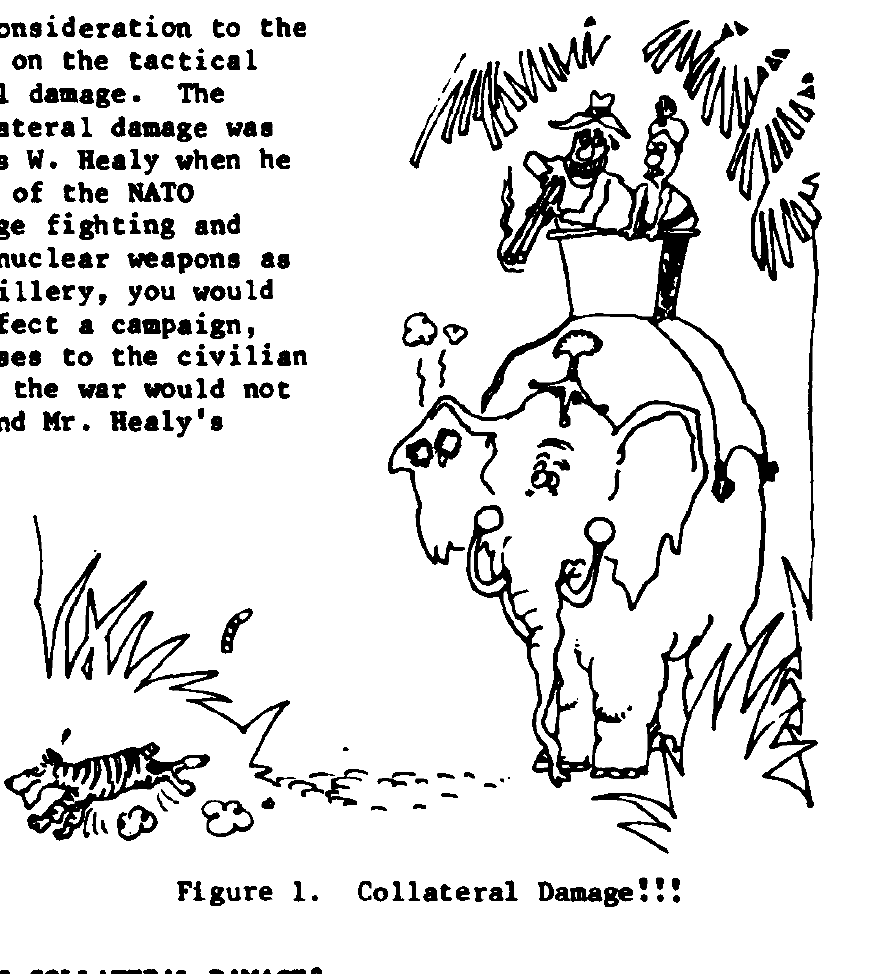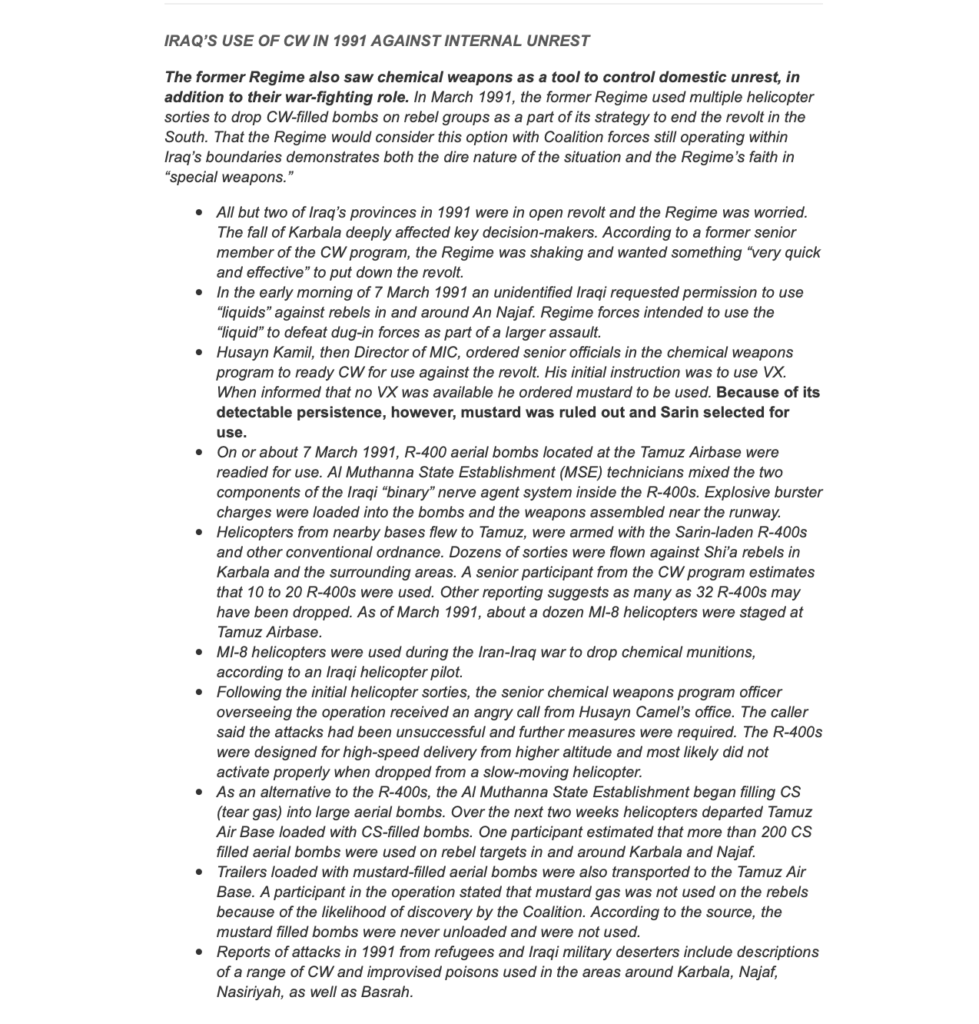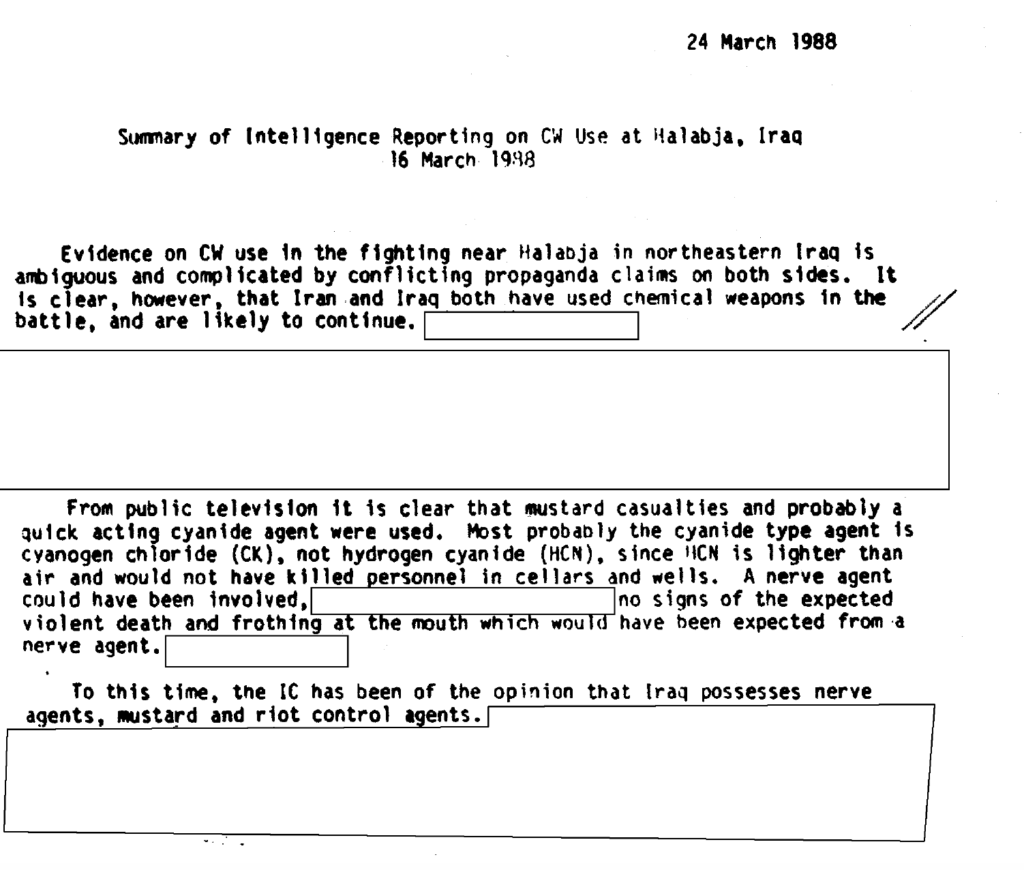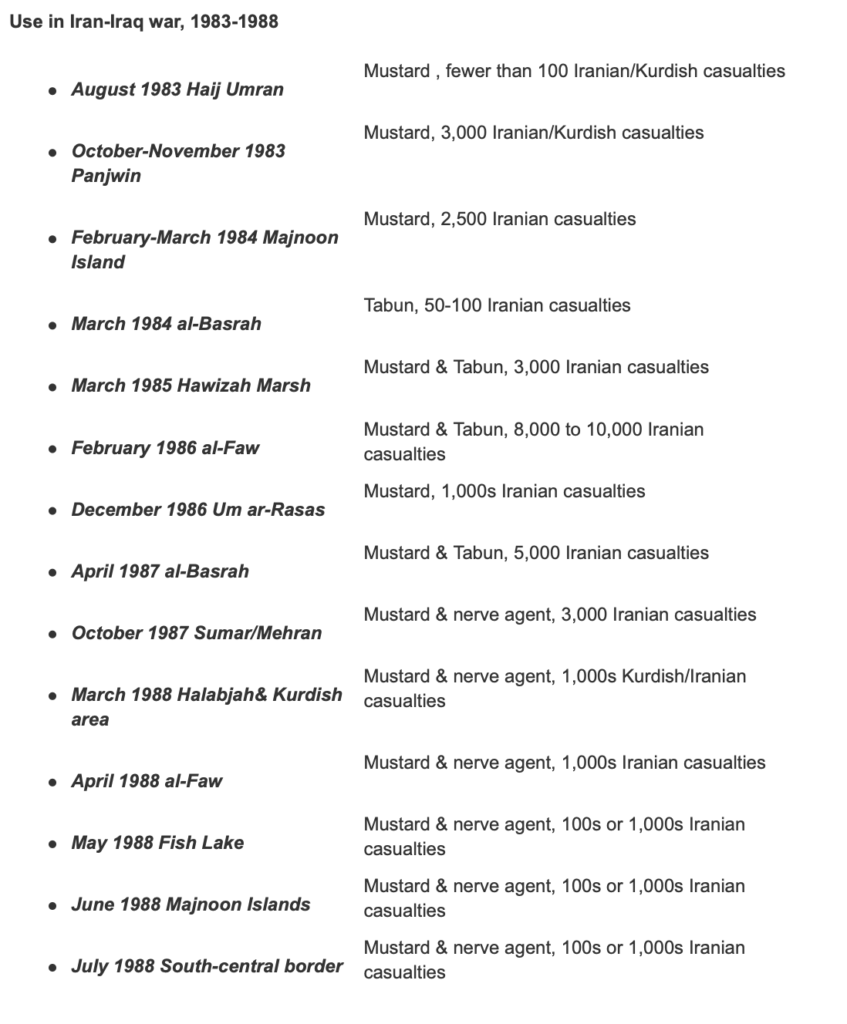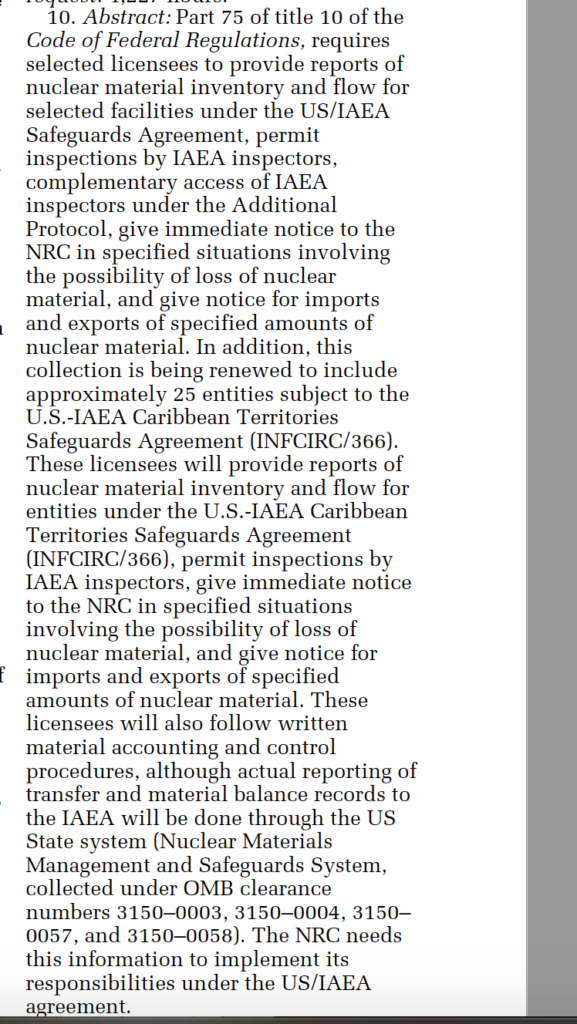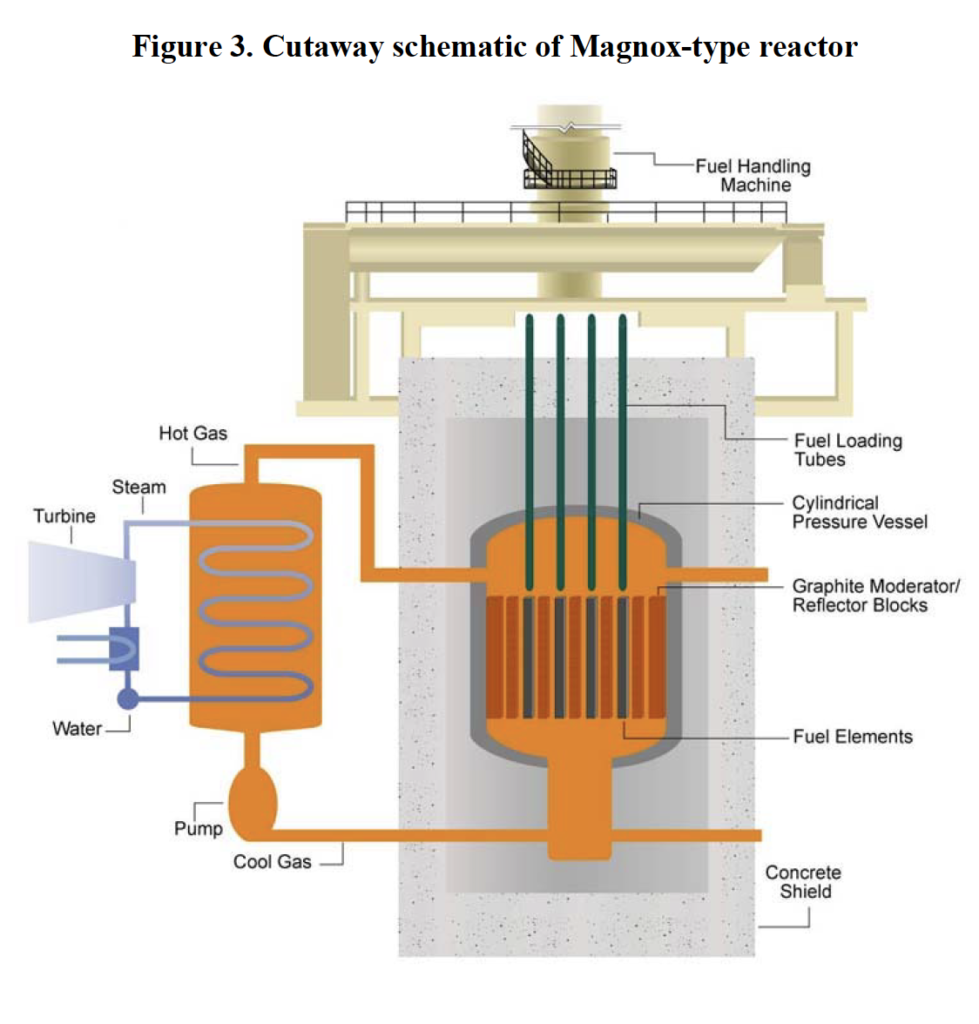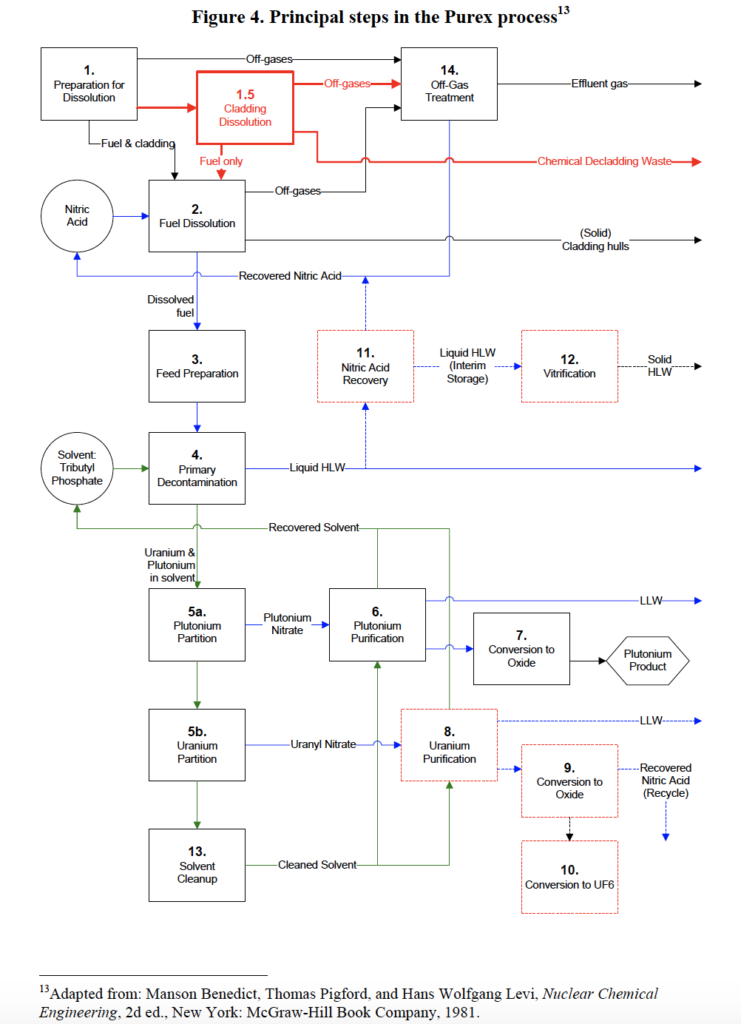A little while back, I wrote about a November report from State’s AVC Bureau concerning a suspected chemical weapons program in Myanmar. Recently, Greg Koblentz and Madeline Roty wrote a piece in BAS about the same program. There’s a good history of the program and news about a more recent action:
In January, Myanmar accepted a standing US offer to send a delegation of experts for consultations, marking the first time the country has been willing to discuss concerns about violations of the treaty. It’s likely that Myanmar’s military, given its continued role in government, approved of the invitation, an important indication that the civilian government may be able to not only declare the past program, but also offer the level of transparency and cooperation necessary for the Organization for the Prohibition on Chemical Weapons to verify any future declaration.
